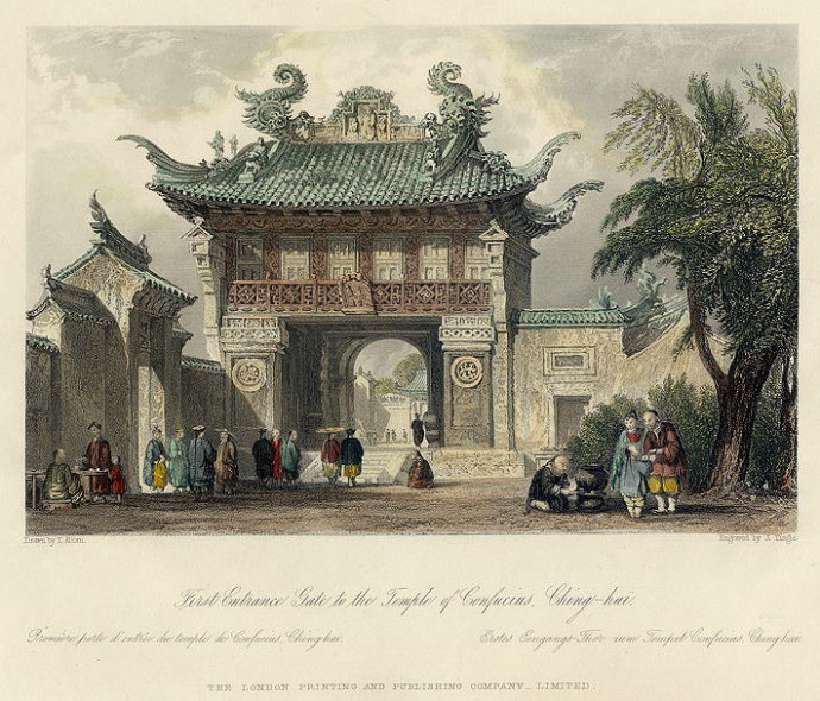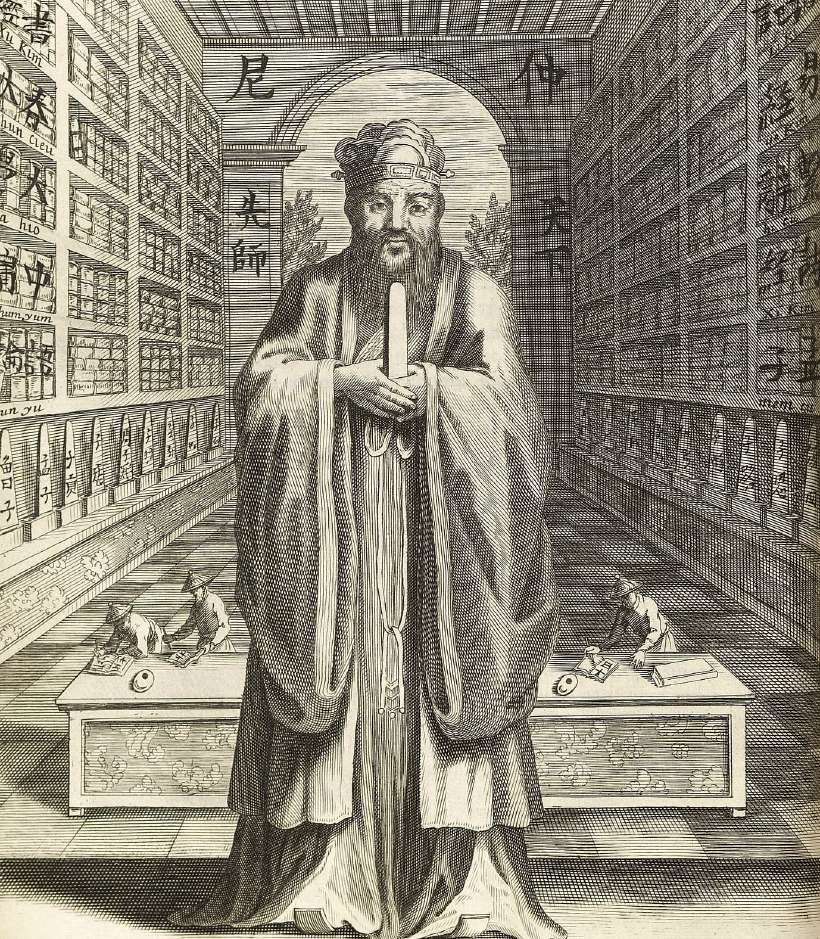Confucius: The philosopher-teacher who taught kings how to govern
Home / Non Fiction for Kids / Biographies for Kids / Confucius: The philosopher-teacher who taught kings how to govern
Confucius (551 BC - 479 BC):
When the world thinks of traditional Chinese philosophy, they think of Confucius. He was the philosopher-teacher who taught kings and officials on how to govern. He was the man people turned to understand how to be good human beings.
Some may think Confucius was a traditional old man. After all, he was the master of rituals and believed deeply in their value. But Confucius wasn’t so simple. According to him, ritual and music were a way to learn values. For example, when we follow the rituals of mourning, we learn the value of life, and the reality of death. We mourn the dead and celebrate their life, through rituals.
Confucius is the Latinized name for Master Kong, a Chinese philosopher, teacher advisor, and even prophet, who lived nearly 2500 years ago, from 551 to 491 BC.
Confucius was born in a small village in China., His father died when he was three years old and he was raised by his mother. Confucius went to a public school. He worked odd jobs and took care of cattle upon graduation until he was 20 years old. Even at a young age he was a master of the elaborate ceremonies that were needed to be performed in aristocratic families. As a young man, he worked as an official for many aristocratic families. When he was older, he became a teacher. It was during this time that he created his philosophy and wrote many classical Chinese texts.
The philosophy of Confucianism focused on the difference between right and wrong for people as well as governments. This included trust, justice, kindness, and sincerity. He is widely considered the most influential East Asian thinker to have ever lived. Today, China has hundreds of Confucius institutes and his thoughts play a key role in China’s domestic policy.
Many of Confucius’ writings were gathered after he died. His thoughts covered three concepts. The first was about how music and rituals can control the psychology of the masses. The second was about personal ethics and how to live a virtuous life. The third was his theories on family and politics. His philosophy covered the main parts of human life. Personal life, individual relationships, and the relationships we form in society.

Music and Rituals
For Confucius, music and rituals have the ability to highlight the small things in life. According to Confucius, music not only brought the performer value and joy, but it also changed the behavior of the musician. Confucius gave great importance to rituals. Not rituals done mindlessly, but rituals, when performed with reverence, with mindfulness. The ritual activity itself may look like an unimportant thing. But when it is done with care and reverence, it trains a person to experience the joy of seemingly unimportant things. Rituals and music also help in managing emotions. For example, Confucius followed the traditional ritual of mourning for three days when his mother died. The period of mourning helps us come to terms with the loss of a person. Rituals like these have a strong impact on shaping our psychology. They give us power over our minds.
Virtues and Character
Confucius called being virtuous as the values of the gentleman. This was written in his famous biography, Analects. It is a clear direction on how one should live life. The values of a gentleman are being trustworthy, empathic, resisting temptation, and resolving confusion in all forms.
The final value is following the rituals of your society. A ritual is an activity that brings value to something of lesser value. It could be placing a flower at a shrine, or mourning the loss of a loved one. A flower may not seem important by itself. But when it is carefully selected and then placed in a shrine as part of a ritual, the flower becomes special. According to Confucius, If you have felt that the object of the ritual is worth recognizing, you should take part in it. If you feel like it does not, you should discuss that with fellow members of your society.

Family and Politics
For Confucius, the qualities needed to be a good king were reflected in the way the candidate behaved with his family. Being respectful of elders and following the necessary rituals was the basis of being moral. Furthermore, being moral was the basis of political success. Confucius believed that five relationships were the most important. The first, ruler and subject. The second, parent and child. The third, husband and wife. The fourth, siblings. And, the fifth, as friends. For Confucius, maintaining the values of the gentleman and upholding the traditions within these relationships display a strong morality. One that is fit for ruling a kingdom.
Today, some view Confucius as a symbol for traditional Chinese culture, a culture that held back newer traditions of modernization. However, a new movement has begun that views Confucius as a moral philosopher who can guide one’s life to the greater good. For Confucius, this greater good could be implemented by an appropriate King with the appropriate tools.
In a time when people are searching for meaning, Confucius still shows the way. Confucianism is an all-encompassing way of thinking and living. It entails ancestor reverence and deep empathy with fellow human beings. Isn’t that what we need more of today?
Born: 28 September, 551 BC, Shandong, China
Died: 11 April, 479 BC, Shandong China
Education: School for Commoners (556 BC to 571 BC)
Major contribution: Confucianism – a system of social and ethical philosophy rather than a religion
More about Confucius
938 words |
9 minutes
Readability:
Grade 8 (13-14 year old children)
Based on Flesch–Kincaid readability scores
Filed under: biographies
Tags: #philosopher, #religion
You may also be interested in these:
Aristotle can’t remain Ignorant!
Mahavir Jayanti
Organic life, we are told, has developed gradually from the protozoon to the phi...
The South Indian Sikh
In morals, what begins in fear usually ends in wickedness; in religion, what beg...